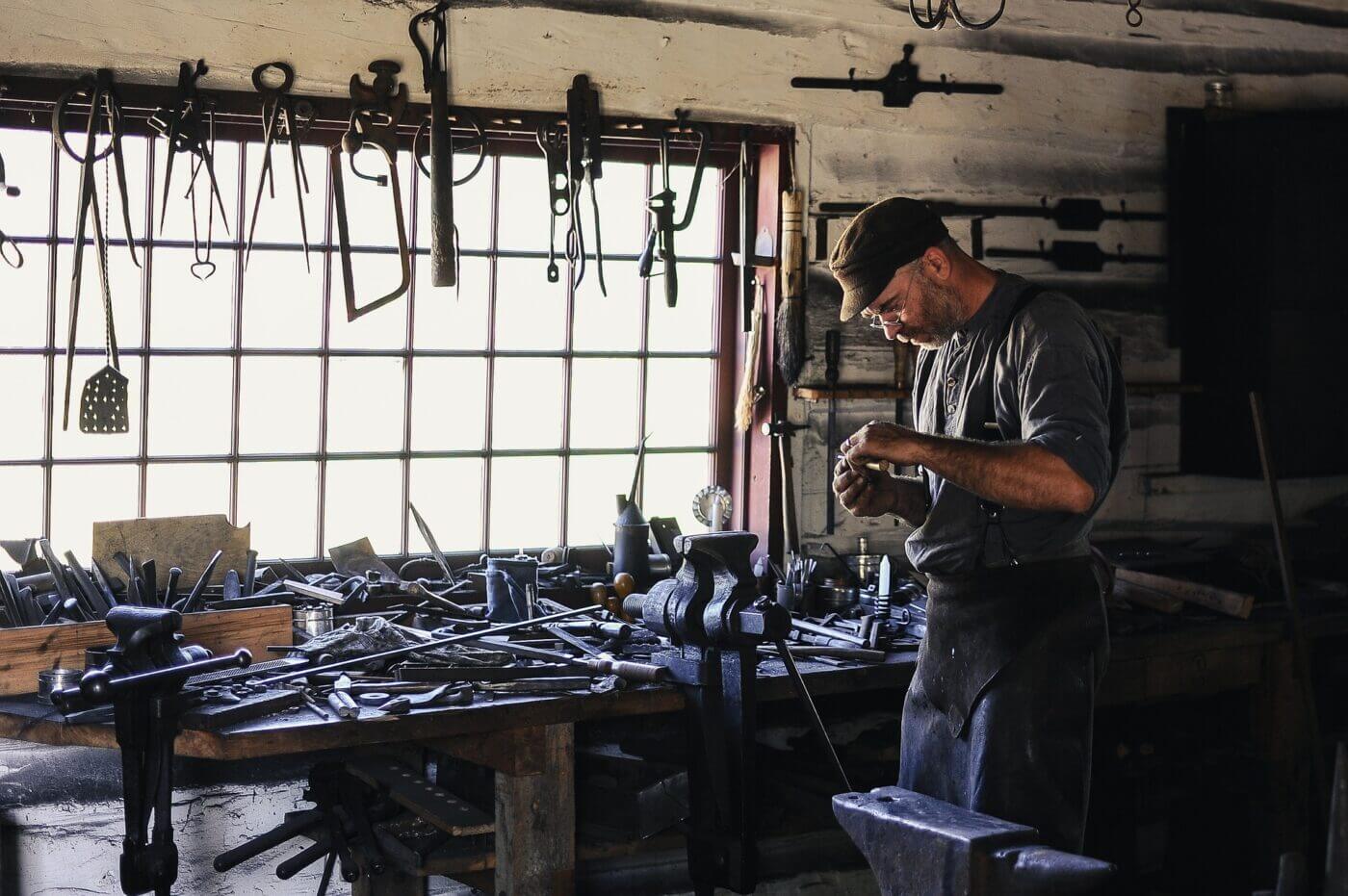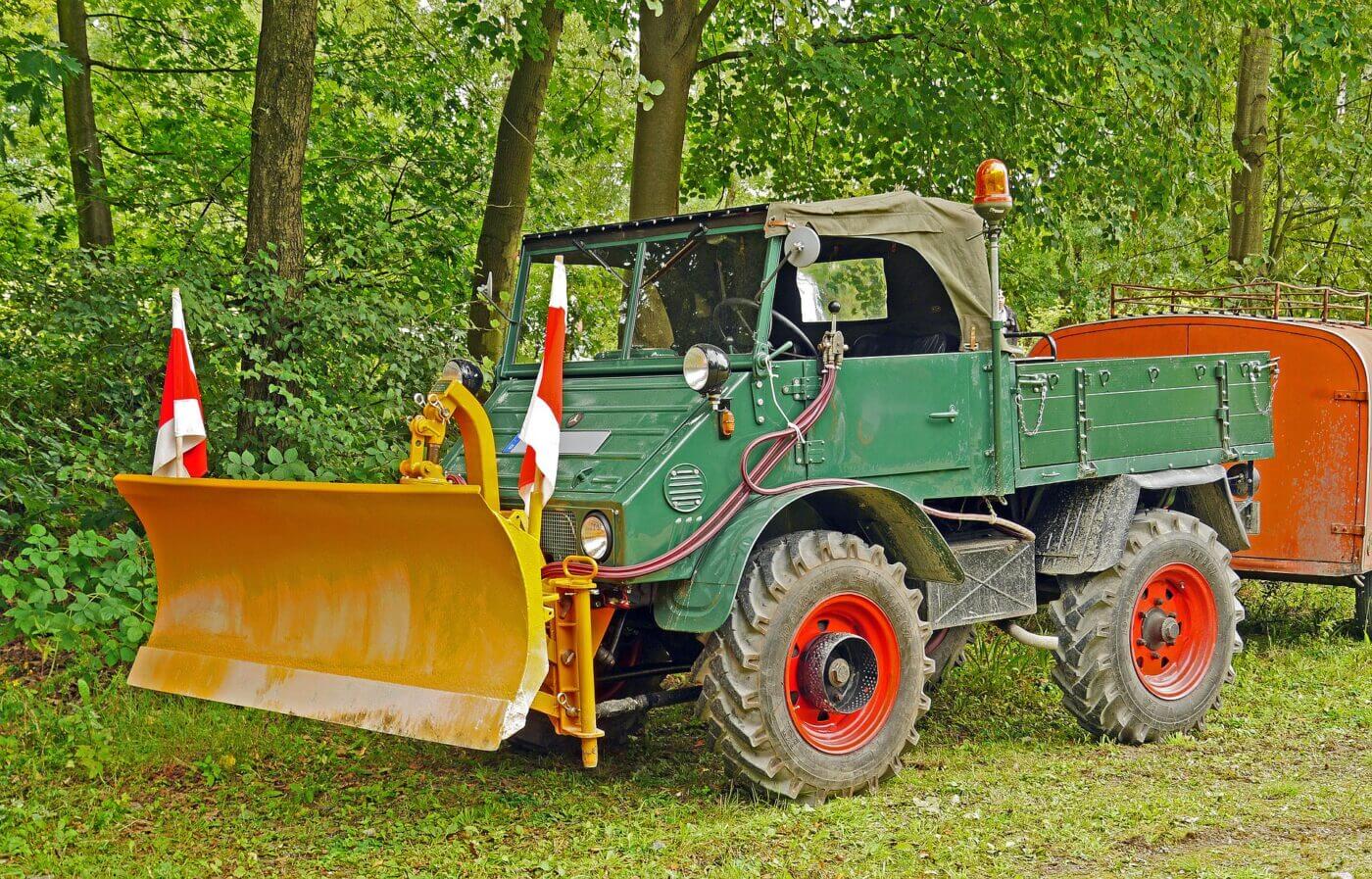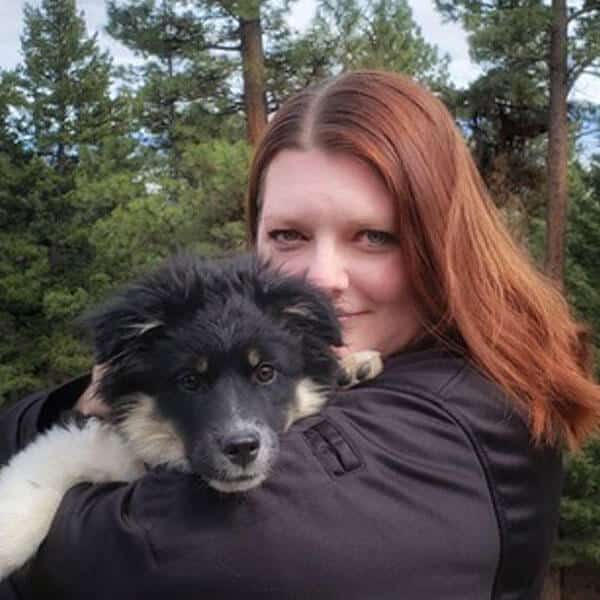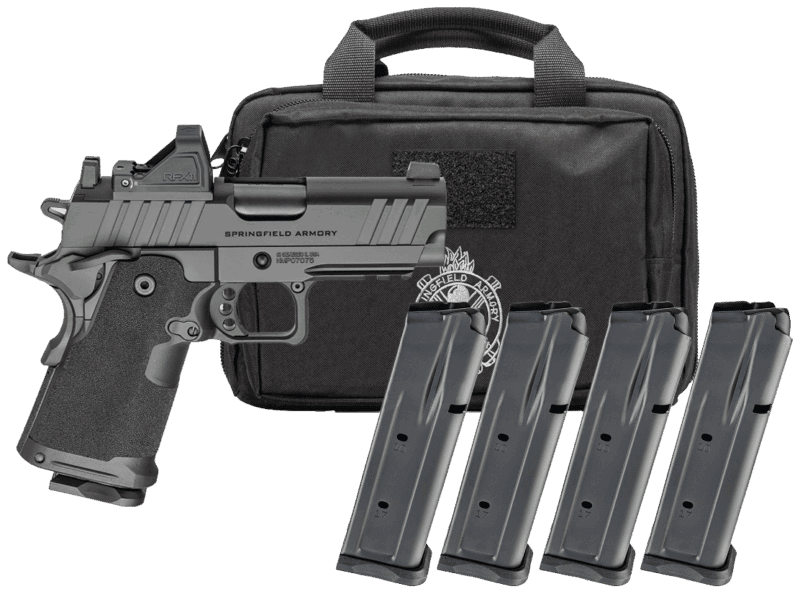When Money Is Worthless: Barter Economy Prepping
October 31st, 2020
4 minute read
When you think of the word “survival,” what comes to mind? Maybe it’s skills like being able to make a fire in any environmental condition, recognizing edible plants in your locale, or being able to provide medical care for yourself and others in a crunch situation.
Maybe survival involves having “stuff” like extra food, fuel, a generator, medical supplies and many other things you might need. If you’re serious about being prepared, there is seemingly no end to the list.

Survival isn’t always about getting out of the woods. Sometimes it’s about staying alive in an urban scenario when there is unrest, violence and destruction all around you. Sometimes it’s about being able to find the stuff you need to handle a specific situation you didn’t think of or prepare for. And in many of these cases, your money might be worthless.
That’s where barter comes in, and it’s making quite the comeback of late.
At its core, barter is trading. It can take any number of forms: goods for goods, service for service, or a mixture of the two. It’s part science and part art. The trick is to find the person who has what you need and offer them something they need or want in return. If they think the trade is fair, you’re in business.

How Does Barter Work?
Farmer Joe has a dairy farm. His friend Matt, who’s an accountant, offers to be a second set of eyes to help keep Farmer Joe’s books organized in return for a constant supply of milk and cheese. Obviously, this is a case where the entire economic system hasn’t collapsed!
Mary has a lot of meat and layer chickens, and so that means she also has a lot of eggs. She is not, however, a fan of butchering. She pays her neighbor Jack and his family in eggs and meat in return for him making sure her freezer always has fresh chicken in it.

Not all barter involves an ongoing agreement; in fact, it’s usually more of a one-off. Someone has supplies for a hobby they decided to get out of, and someone else wants to get into that hobby but doesn’t have the supplies yet. They may work out a trade. Even something as simple as providing beer and pizza to your friends in return for moving help is technically bartering.
Some of the examples above might seem a bit lopsided; after all, accounting help is normally worth far more than a few bottles of milk or pounds of cheese. That’s the best part of bartering — the worth of an item is dictated by the people in the trade.
If Matt the accountant thinks that milk and cheese is worth a few hours of his time and expertise, and Farmer Joe is willing to part with that milk and its potential profit to get the peace of mind that comes from clean books, that’s between Matt and Farmer Joe. The flexible and even private nature of bartering opens up unlimited possibilities.

What Can You Use for Barter?
Barter is driven by need and creativity, not any type of set rules regarding what can be traded. You can literally trade anything for anything, as long as you can find someone to give what you want in return for what you offer.
In a disaster situation, the worth of things shifts. The little lighter that was 99 cents at your local gas station is suddenly worth literal gold because it’s a means to easily make a fire — and that could mean everything from clean water to hot food or even heat and a bit of comfort. Small minibar-sized bottles of alcohol also have several uses and will go sky-high in value. Even matches, paper and pen, and other things we think nothing about now could mean the world later.
Setting Up A Barter Economy
Like anything else related to survival, the time to start preparing to use a tool or learning a skill is long before you need it — and that means now. There are plenty of places to start looking for folks to trade with, and places to practice the skill of bartering. Some folks will offer things “for sale or trade,” and that’s the easiest place to start.
- Social media marketplaces
- Craigslist or other ads
- Neighbors
- Farmer markets and other local groups

The more you set up for barter now, the better off you’ll be later. Try to think of those things — like lighters and the like — that are cheap now, but would increase in value a lot in a crisis. Pick up enough for yourself and some extras for trade now, and you’ll be very thankful when you really need them. You never know, and it’s always good to be prepared!
Editor’s Note: Please be sure to check out The Armory Life Forum, where you can comment about our daily articles, as well as just talk guns and gear. Click the “Go To Forum Thread” link below to jump in and discuss this article and much more!
Join the Discussion
Continue Reading
Did you enjoy this article?

 78
78






